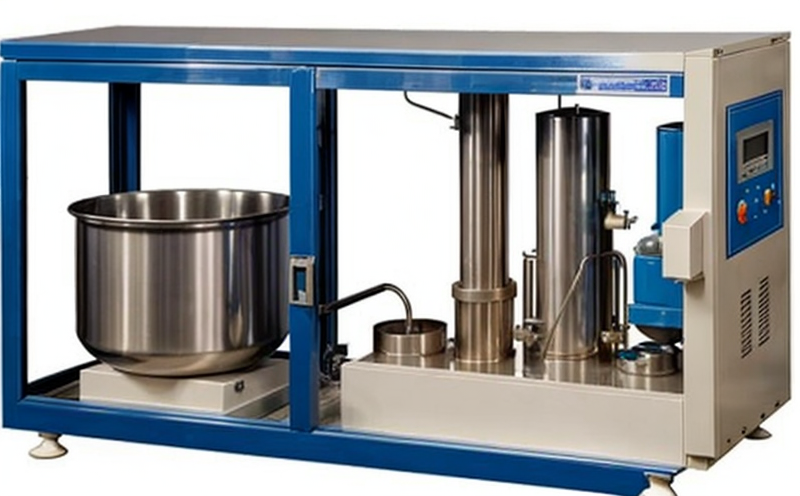EN 21203 Mycotoxin Residue Profiling in Animal-Origin Feed
The European Standard EN 21203 outlines a comprehensive approach to identifying and quantifying mycotoxin residues present in animal-origin feed. This service is crucial for ensuring the safety of livestock products, safeguarding animal health, and maintaining consumer trust by adhering to stringent regulatory standards.
Mycotoxins are toxic secondary metabolites produced by certain fungi that can contaminate raw agricultural materials used in feed production. These contaminants pose significant risks when ingested by animals, leading to potential health issues such as reduced fertility, impaired immune function, and even death in severe cases. Consequently, the European Commission has set strict limits on mycotoxin levels permissible in animal-origin feed.
Our laboratory specializes in EN 21203-compliant testing, employing advanced analytical techniques to detect trace amounts of various mycotoxins including aflatoxins, ochratoxins, zearalenone, and trichothecenes. The procedure involves sample preparation followed by chromatographic separation using liquid chromatography tandem mass spectrometry (LC-MS/MS), which provides accurate quantification down to parts per billion levels.
The EN 21203 standard ensures consistent results across different laboratories through standardized methods and calibration procedures. Our team adheres meticulously to these guidelines, ensuring reliable data that supports regulatory compliance and quality assurance initiatives within the food industry.
By partnering with us for your mycotoxin residue profiling needs, you gain access to state-of-the-art facilities equipped with cutting-edge instrumentation. This enables accurate detection of even minute quantities of harmful substances present in your samples. Our experienced scientists work closely with clients throughout the entire testing process, providing expert advice on sample preparation and interpretation of results.
Our services extend beyond mere analysis; we also offer consultancy support tailored specifically towards meeting regulatory requirements under EN 21203. From understanding specific feed ingredients susceptible to contamination to developing mitigation strategies, our experts can guide you every step of the way.
Why It Matters
The importance of mycotoxin residue profiling cannot be overstated, especially in animal-origin feed where even trace amounts could have severe consequences. Regulatory bodies worldwide recognize this issue and enforce strict regulations aimed at protecting both human health and animal welfare.
In Europe, compliance with EN 21203 is mandatory for operators involved in the production of animal-origin feeds. Failure to adhere can result in penalties or bans on products entering the market, causing substantial financial losses. By partnering with our laboratory, you ensure that your feed meets all necessary requirements and passes stringent inspections.
From an ethical standpoint, ensuring safe consumption practices is paramount. Consumers expect products they purchase to be free from harmful contaminants, making it essential for businesses operating within this sector to prioritize quality control measures like mycotoxin testing.
Environmental and Sustainability Contributions
Incorporating sustainable practices into food production has become increasingly important due to growing awareness about environmental impacts. Implementing EN 21203-compliant mycotoxin residue profiling plays a vital role in promoting sustainability within the agricultural sector.
Mycotoxins not only affect animal health but also impact crop yields and resource efficiency throughout food supply chains. By eliminating contaminated feed from circulation, we contribute positively towards reducing waste while optimizing production processes. This helps preserve natural resources such as water and land used for cultivation purposes.
Furthermore, adhering to stringent quality standards fosters trust among consumers who increasingly demand eco-friendly products. Companies demonstrating commitment to sustainability through reliable testing practices enhance their reputations, attracting more environmentally conscious customers.
Competitive Advantage and Market Impact
In today’s competitive global market, maintaining high standards of quality is key to standing out from competitors. Offering EN 21203-compliant mycotoxin residue profiling services provides several advantages for businesses operating within the food industry:
- Enhances reputation and brand image by demonstrating a strong commitment to product safety.
- Achieves regulatory compliance, avoiding potential legal issues or market restrictions.
- Safeguards against recalls and associated costs by preventing contaminated products from reaching consumers.
- Increases customer satisfaction levels through consistent delivery of safe and reliable feed products.
- Positions your organization as a leader in responsible business practices, appealing to socially conscious investors and stakeholders.
The ability to provide accurate and reliable mycotoxin testing results positions you ahead of competitors who may not offer such comprehensive solutions. It allows you to differentiate yourself by ensuring that every batch meets the highest safety standards.





